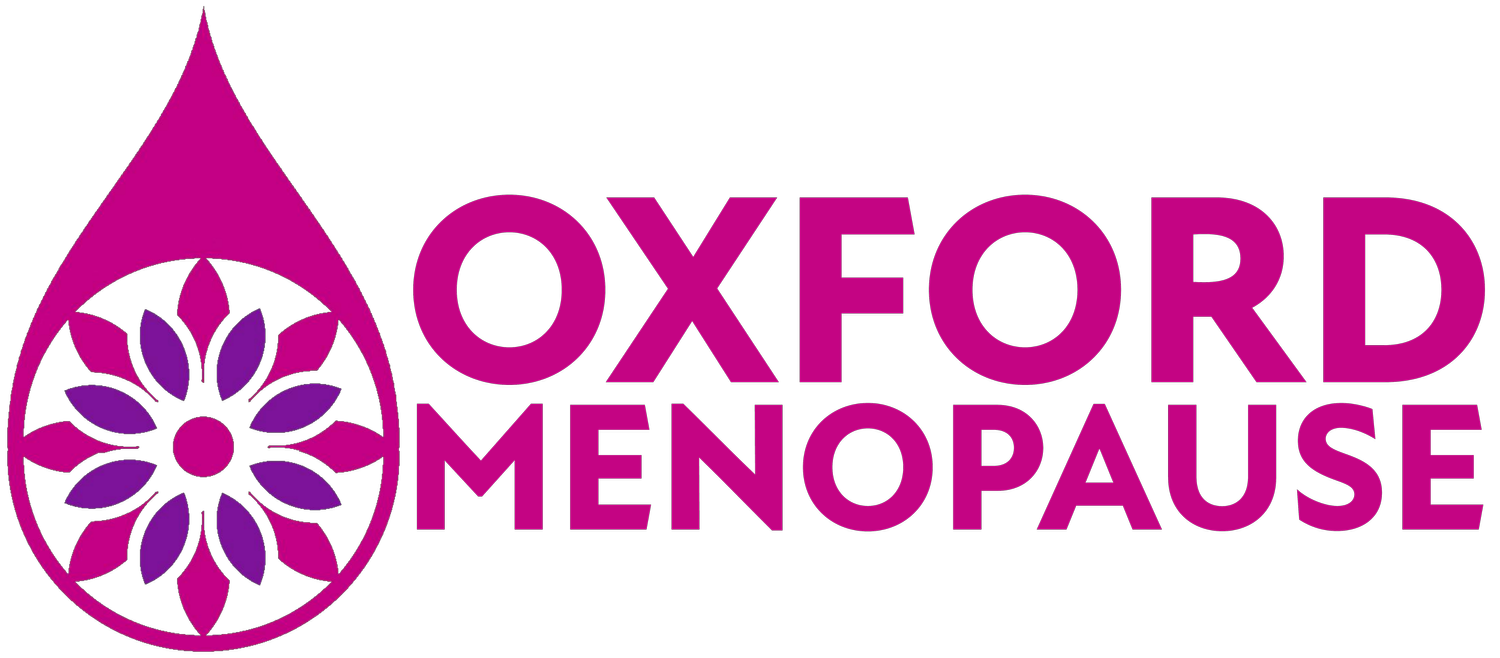Newsletter July 2021
The benefits of HRT
Aside from improving symptoms of the perimenopause and menopause, HRT has significant additional benefits for women. Often these are not noticeable by women but these benefits should form an essential part of any discussion about HRT with a woman seeking to find out more about their symptoms and the role of HRT.
Menopausal symptoms affect 70-80% of all women and 25% of women describe their symptoms as severe, impacting on day-to-day life at home, work and socially. The average duration of these symptoms is 7 years.
Tackling symptoms
The main benefit of HRT is its impact on menopausal symptoms, these include hot flushes, night sweats, mood swings, vaginal dryness and low libido. Vasomotor symptoms (flushes and sweats) usually improve within 4 weeks of using HRT and maximal benefit is achieved by three months. HRT can also improve sleep, muscle aches and pains. Vaginal dryness can be improved by systemic HRT but also local HRT (vaginal treatments such as pessaries/creams/rings), this also helps manage urinary symptoms which can affect many menopausal women.
Reducing the risk of osteoporosis
HRT has been shown to reduce the risk of osteoporosis and fractures. The International Osteoporosis Foundation reports that a woman aged 50 has a 2.8% risk of death related to a hip fracture during their lifetime. Studies have shown a significant reduction in the risk of any fracture in women using HRT compared with non-users.
In fact, HRT is used as the first-line treatment for preventing and managing osteoporosis in women under the age of 50 with menopausal symptoms. The bone-related benefits of HRT are related to oestrogen dose, however some degree of bone protection can be achieved even with low doses of oestrogen. Although bone density does decline when HRT is discontinued, some studies have demonstrated a long-term protective effect for many years after stopping HRT.
Benefits of reducing heart disease risk
Cardiovascular disease is the leading cause of death in women worldwide, yet when many women think about HRT they are concerned about the risk of breast cancer and are often not aware of the benefit HRT has on heart disease risk. 28,000 women in the UK die from heart disease each year and 11,500 women in the UK die from breast cancer each year.
Evidence has shown that women who use HRT within 10 years of the onset of menopause have a reduced risk of coronary heart disease (around 50%) and death related to heart disease. In women who start using HRT more than 10 years after the menopause also do not increase their risk of cardiovascular disease of death from heart disease.
Diabetes and lipids (cholesterol)
Large studies have suggested that HRT reduces the risk of developing Type 2 diabetes and also can improve control of sugar levels in women with established diabetes. In addition HRT has a favourable effect on cholesterol in women, reducing LDL cholesterol (the ‘bad’ cholesterol which contributes to narrowing of arteries) and increasing HDL cholesterol (the ‘good’ cholesterol).
Colorectal (bowel) cancer
The Women’s Health Initiative (WHI) trial demonstrated that colorectal cancer risk was reduced in women taking certain types of HRT (oestrogen + progestogen).
Other benefits
Studies have demonstrated benefit of HRT on enhancing and maintaining muscle mass, muscle strength and connective tissue in women. In addition there are positive effects of oestrogen on ageing, increasing skin collagen content, thickness, elasticity and hydration.
Women who suffer with migraines often find these worsen at the menopause as a result of fluctuations in oestrogen levels, using HRT can stabilise these fluctuations improving migraine frequency and severity. Avoiding oral (tablet) form of oestrogen in migraine sufferers is advisable, using a transdermal preparation (gel/patch/spray) is preferred.
So, in summary, not only does HRT have a role in the management of menopausal symptoms (which are often the primary reason women seek help) but also in providing a significant reduction in the risk of other significant health issues. The management of menopause is unique in every woman and an individualised discussion is key to ensuring women are provided with the correct information and evidence in order to make informed decisions about treatment options. At Oxford Menopause, women have time to explore these areas in detail with a British Menopause Society, Accredited Menopause Specialist and make important decisions about how to manage their menopause.
